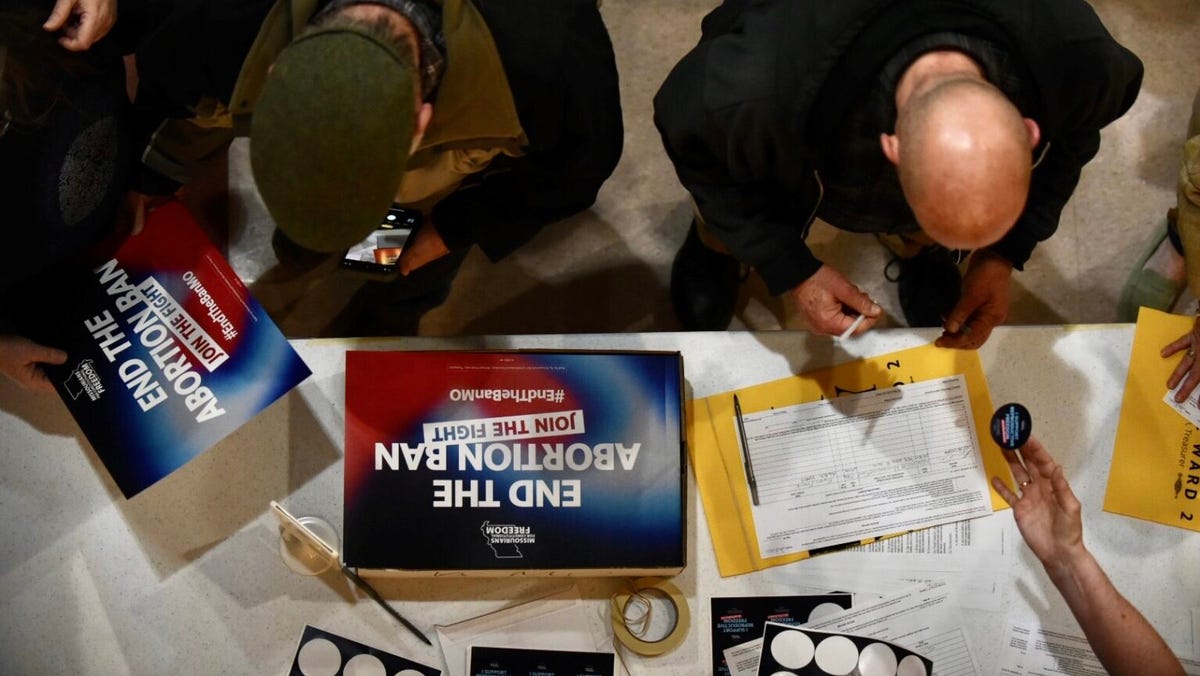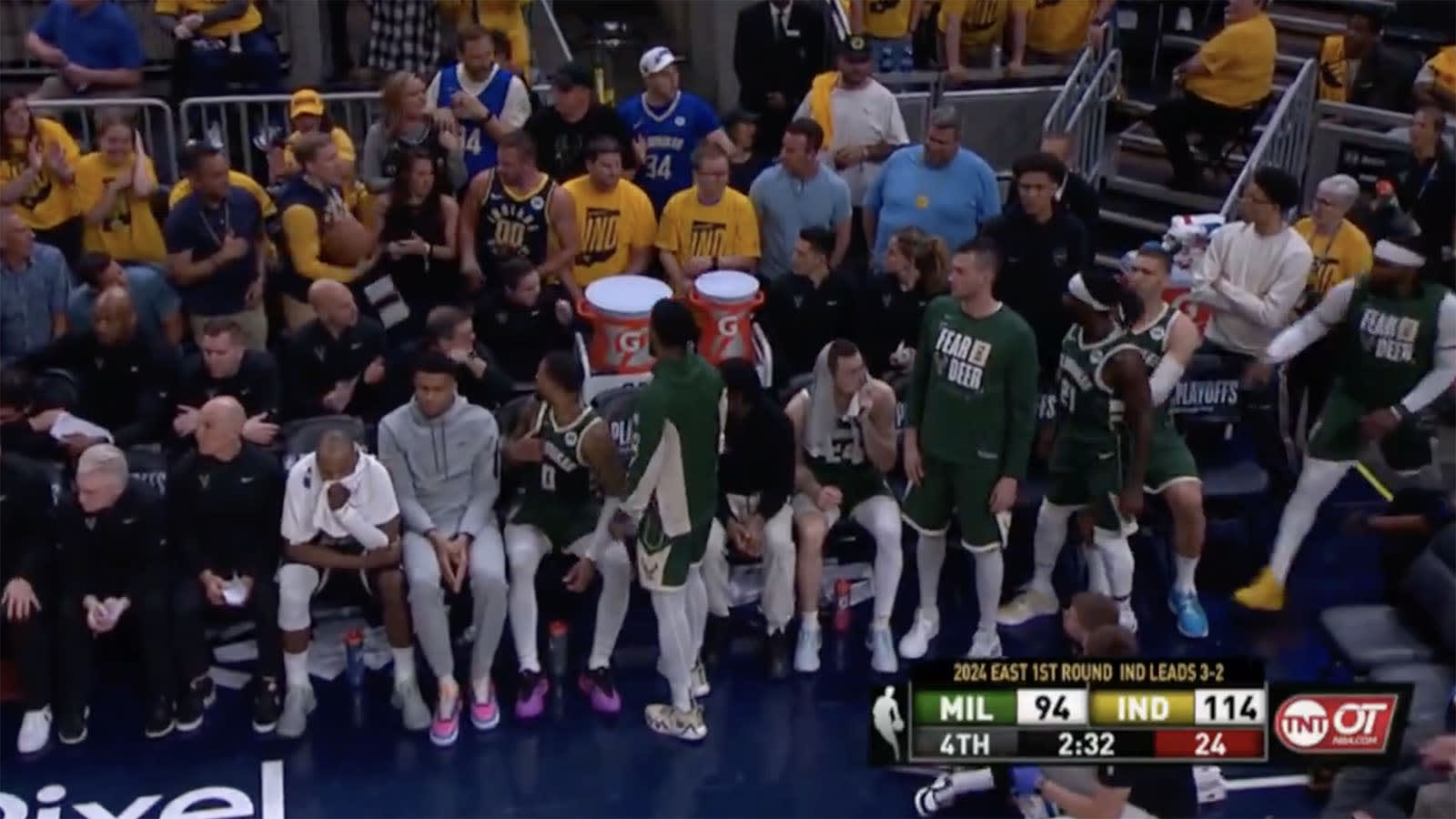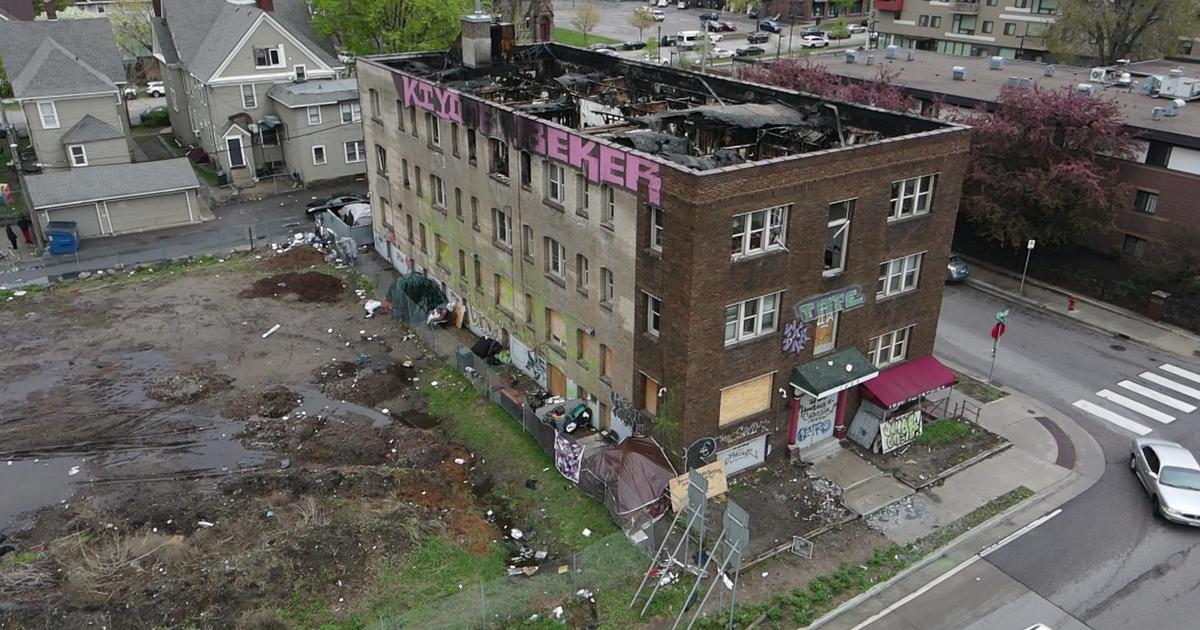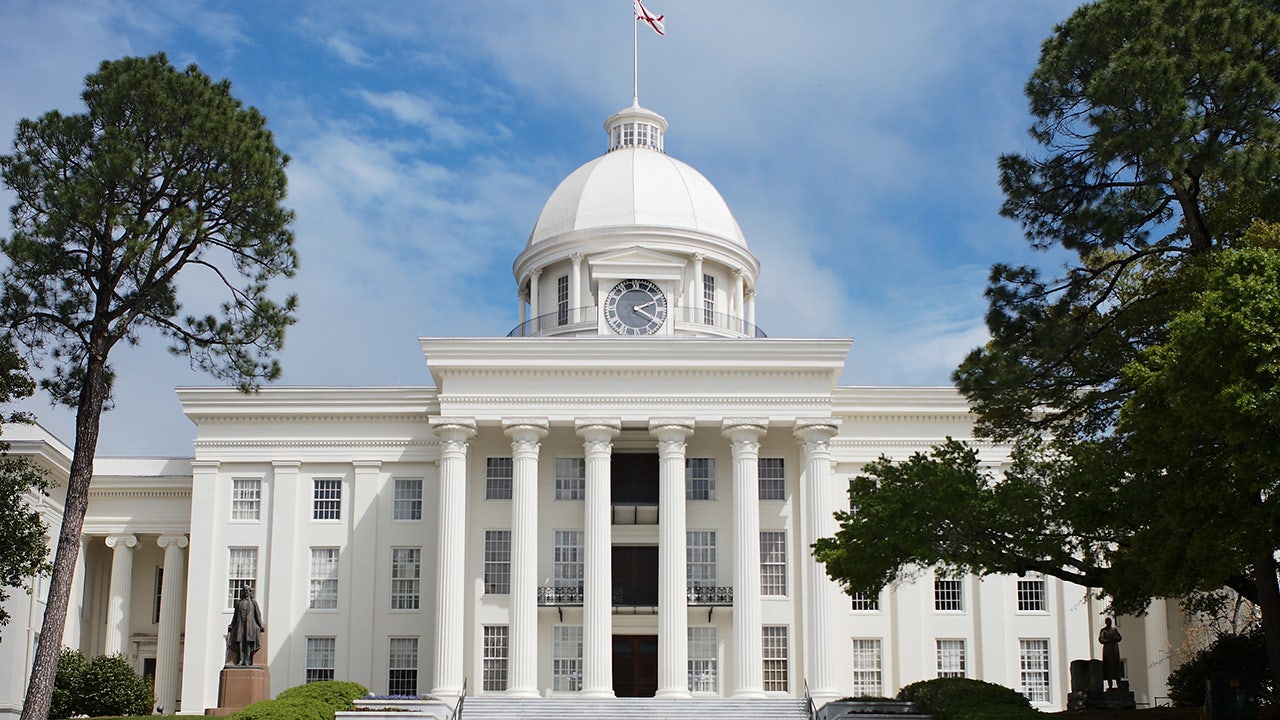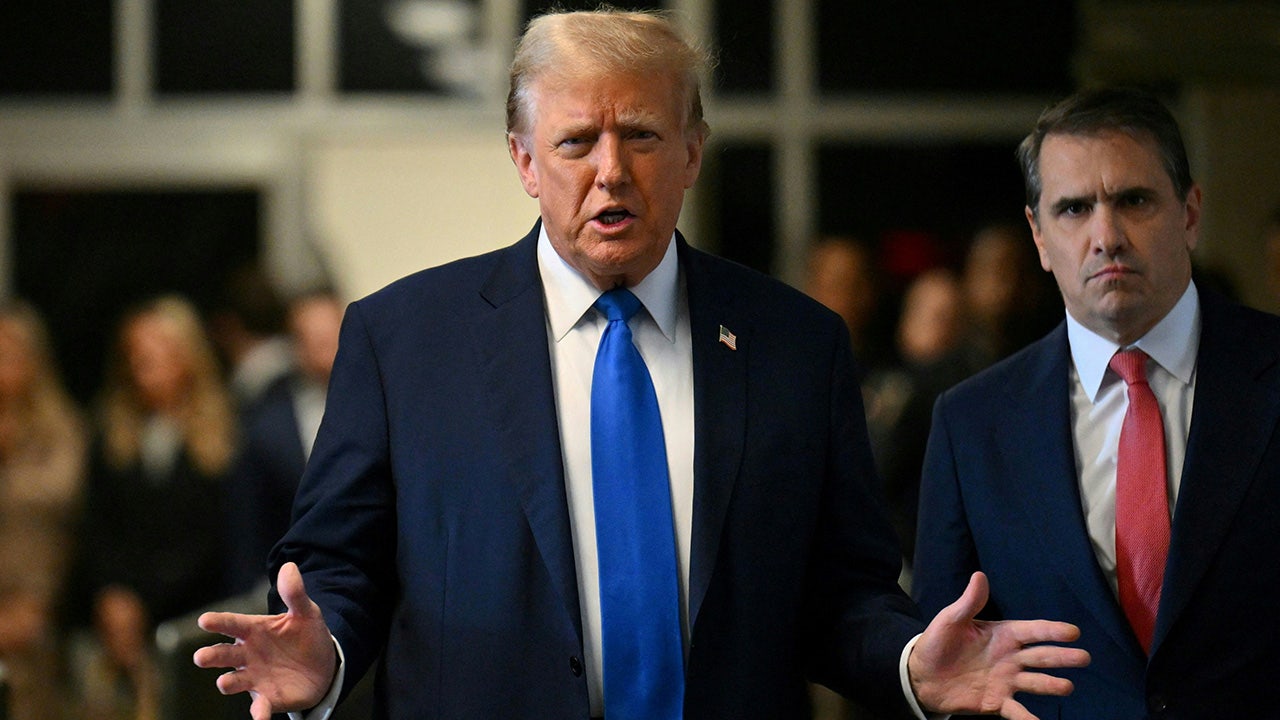World
Romania bans gambling in small towns
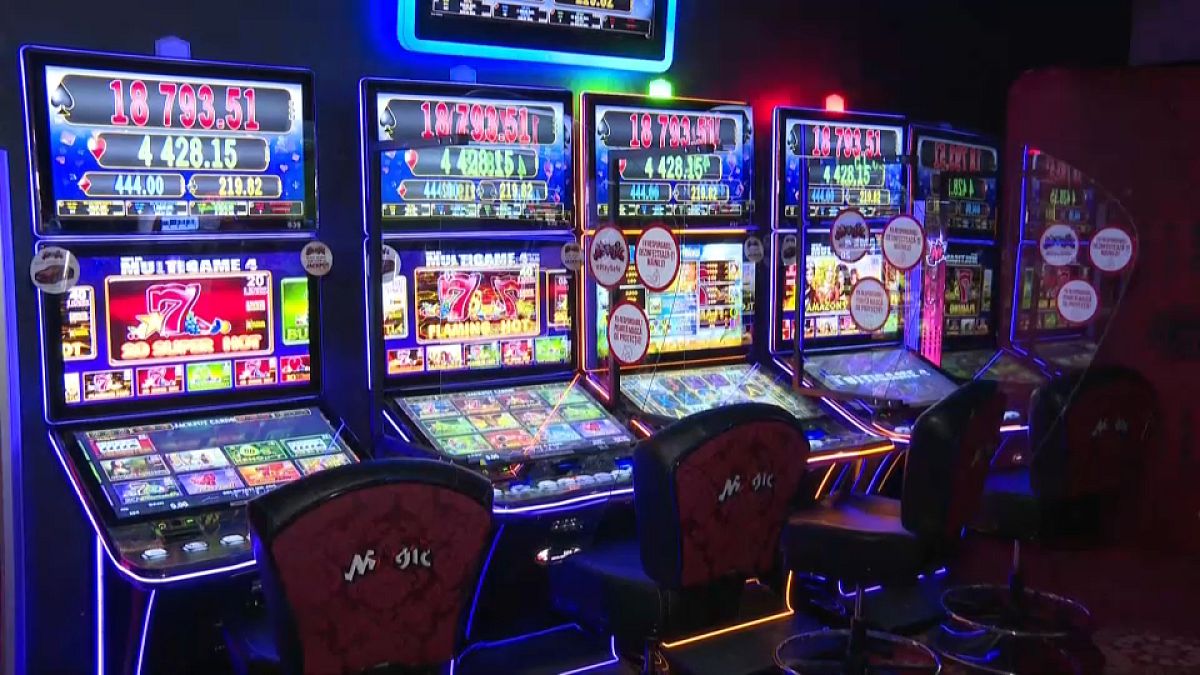
A unanimous vote by legislators belies divisions over the wisdom and practicality of the policy.
Romania has announced a ban on gambling venues in small towns and villages with populations of less than 15,000 residents.
What’s known as the “law of slot machines” was passed by deputies in the lower house of parliament.”It is the first law adopted in Parliament in 30 years against this mafia that has controlled the political world until now,” said Alfred Simonis, the leader of the Social Democrats.
“Right now we are fighting an industry that has a total turnover of €10-12 billion.”
Industry figures complain they were not consulted, and hope that the authorities will control the black market as they promised.
Despite the unanimous vote, there was some dissent within the chamber. Two opposition parties that want to ban the “scourge” of gambling outright accuse the government of collusion with the gaming sector for not taking a stronger position.
On another front Ionut Mosteanu, the leader of the opposition USR, questioned how lawmakers had set the threshold.
“They thought that slot machines only damage 15,000 people,” he said. “There was not even a debate to see how many townships qualify for this 15,000. Why not 16, 17, why not two million and you would ban them definitively?”
Gambling venues have become ubiquitous across Romania over the last few decades. The National Gaming Office, the state body that monitors and approves the sector, has registered 12,000 sports betting, bingo, casino, lottery rooms.
The state collects taxes from gambling venue licenses and online ticket sales as from the amount betting houses spend on advertising.
There are no recent data to indicate how many people in Romania are addicted to gambling. The last survey was conducted in 2016, and found that there could be around 100,000 addicted people across the country. The number today could be much higher.
Research recently carried out by Save the Children shows that one in seven children in Romania spends money on gambling, while one in 10 lives in families where one of the parents does.

World
CBS Fall Schedule: Tracker on Move, Georgie & Mandy Claim Sheldon’s Spot, Matlock Replaces Todd

ad
World
Head of Greek far-right Golden Dawn party is granted early release from prison
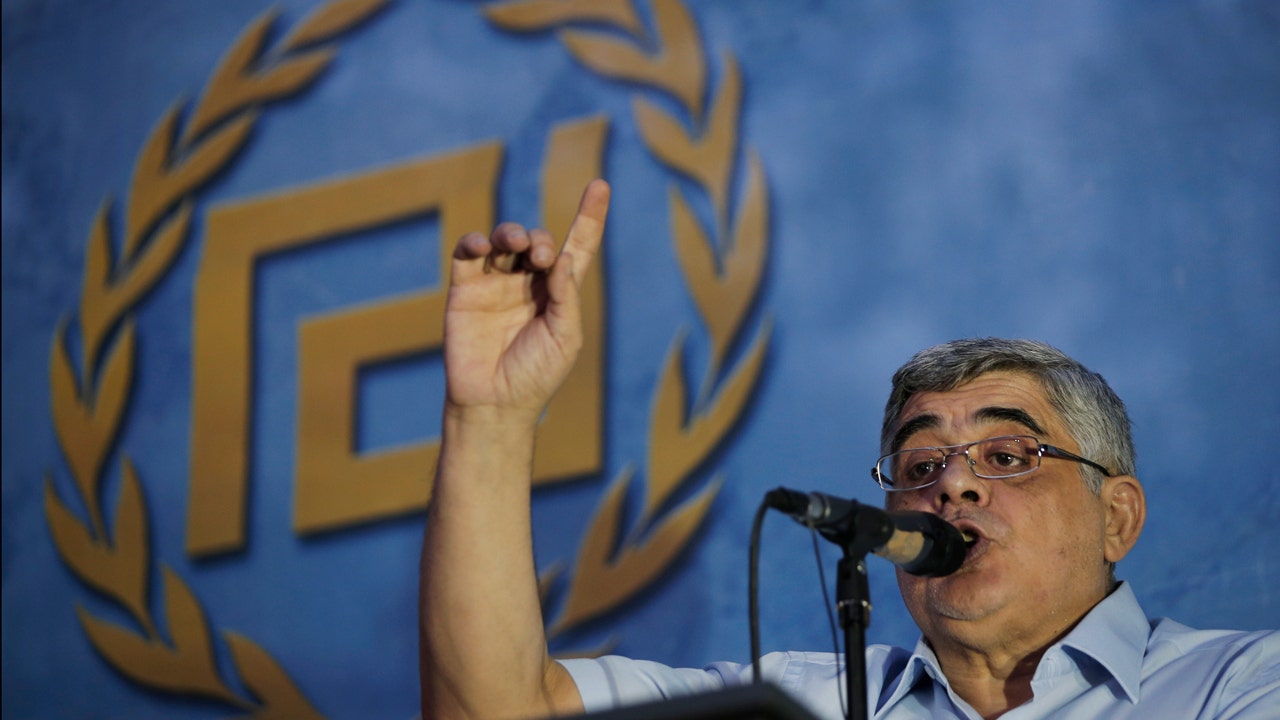
The head of Greece’s extreme far-right Golden Dawn party was granted conditional early release from prison Thursday, after serving part of his sentence for running a criminal organization blamed for violent hate crimes.
A council of judges accepted the request by Nikolaos Michaloliakos, 66, who had served the minimal legal requirement for early release. The decision also took into consideration that he was aged over 65, which increases the time he is formally considered to have served. He is in poor health and spent 18 months in pre-trial detention.
GREECE’S FAR-RIGHT GOLDEN DAWN, COUNTER-DEMONSTRATORS, CLASH IN ATHENS
Restrictions imposed on him include a ban on traveling outside the greater Athens region.
Nikos Michaloliakos, the leader of the extreme far-right Golden Dawn political party speaks during a pre-election rally, in Athens, Wednesday, Sept. 16, 2015. The head of Greece’s extreme far-right Golden Dawn party was granted conditional early release Thursday, May 2, 2024, from prison, after serving part of his sentence for running a criminal organization blamed for numerous violent hate crimes. A council of judges accepted the request by Michaloliakos, 66, who had served the minimal legal requirement for conditional release, which also took into consideration his age. (AP Photo/Lefteris Pitarakis)
Michaloliakos and five other former Golden Dawn lawmakers were convicted in October 2020 of running a criminal organization and sentenced to 13 years in prison. Other party members received lesser sentences, following a five-year trial.
Golden Dawn was founded as a Nazi-inspired group in the 1980s and rose to become Greece’s third-largest political party during most of the country’s 2010-2018 financial crisis. Its support later declined, and the party failed to enter parliament post-crisis.
The crackdown on the party followed the 2013 fatal stabbing of a left-wing musician in Athens, for which a Golden Dawn associate was given a life sentence.
Greek political parties and the family of the slain musician expressed dismay at Thursday’s decision.
World
UN, EU, US urge Georgia to halt ‘foreign agents’ bill as protests grow

Thousands gather in Tbilisi to protest against the bill, which passed its second reading in parliament this week.
The European Union, United Nations, and the United States have condemned legislation making its way through Georgia’s parliament on “foreign agents”, as thousands of protesters snarled traffic in the country’s capital Tbilisi on Thursday with a large new protest against the bill.
Protesters poured into Heroes’ Square, a key junction through which much of Tbilisi’s traffic passes between the city’s neighbourhoods. Long queues of vehicles remained blocked.
“We are all together to show the Kremlin’s puppets that we will not accept the government that goes against the Georgian people’s wishes,” said protester Giorgi Loladze, 27, from Kutaisi, Georgia’s third-largest city.
Tens of thousands of protesters had shut down central Tbilisi a day earlier in the largest anti-government rally yet. Police fired tear gas and stun grenades to clear some of them.
The bill – attacked by opponents as authoritarian and Kremlin-inspired – has completed two of three readings in the parliament and the latest comments reflected alarm in both Washington and Brussels over the country’s future direction.
The ruling Georgian Dream party says the law, which would require organisations receiving more than 20 percent of their funding from abroad to register as agents of foreign influence, is needed to ensure transparency.
The party’s billionaire founder said this week that Georgia must defend its sovereignty against Western attempts to dictate to it.
Crowds have protested nightly for weeks outside the parliament in Tbilisi. Inside the building, lawmakers have come to blows.
‘Deeply concerned’
The standoff is seen as part of a wider struggle that could determine whether Georgia, a country of 3.7 million people that has seen war and revolution since the fall of the Soviet Union, moves closer towards Europe or back under Moscow’s influence.
Gert Jan Koopman, director general of the European Commission’s enlargement directorate, reiterated the EU’s warning that the bill would put at risk Georgia’s hopes of becoming a member of the bloc.
“There are concerning developments in terms of legislation. The law … as it stands is unacceptable and will create serious obstacles for the EU accession path,” he told a news conference in Tbilisi.
Koopman said “the ball is very firmly in the court of the government”, adding it still had time to change course.
But the government – which put forward a similar law last year, only to withdraw it in the face of protests – has shown no sign it will climb down a second time, which could be damaging ahead of a parliamentary election in October.
UN rights chief Volker Turk on Thursday called on Georgia’s government to withdraw the bill and expressed concern at police violence against protesters.
The White House also expressed concerns on Thursday about the chilling effect such legislation could have on Georgians’ ability and willingness to express themselves.
“We are deeply concerned about this legislation – what it could do in terms of stifling dissent and free speech,” White House national security spokesman John Kirby said at a US briefing.
Earlier, US Ambassador Robin Dunnigan said the Georgian government’s choices “have moved the country away from its Euro-Atlantic future” and urged it to recommit to integration with the West.
In a statement, Dunnigan said that senior US leaders had invited Georgia to discuss the issue, but that the country had not accepted the offer.
Britain, Italy and Germany have also criticised the bill.
Georgia’s parliament on Wednesday approved the second reading of the bill, which the opposition says is modelled on a law the Kremlin has used to crack down on opponents in Russia.
Parliamentary debates on Thursday were cancelled after what officials called an “attack” on the legislature.
Georgian television on Thursday showed Tbilisi’s Mayor Kakha Kaladze berating a reporter who asked him about police actions at Wednesday’s protest, calling her a “shameless scumbag”.
Lawmakers are expected to give the bill its third and final reading in around two weeks.
-

 News1 week ago
News1 week agoLarry Webb’s deathbed confession solves 2000 cold case murder of Susan and Natasha Carter, 10, whose remains were found hours after he died
-

 Education1 week ago
Education1 week agoVideo: Dozens of Yale Students Arrested as Campus Protests Spread
-

 World1 week ago
World1 week agoHaiti Prime Minister Ariel Henry resigns, transitional council takes power
-

 News1 week ago
News1 week agoFirst cargo ship passes through new channel since Baltimore bridge collapse
-

 World1 week ago
World1 week agoUS secretly sent long-range ATACMS weapons to Ukraine
-

 World1 week ago
World1 week agoSpanish PM Pedro Sanchez suspends public duties to 'reflect'
-

 News1 week ago
News1 week agoAmerican Airlines passenger alleges discrimination over use of first-class restroom
-

 World1 week ago
World1 week agoAsia bears biggest climate-change brunt amid extreme weather: WMO



